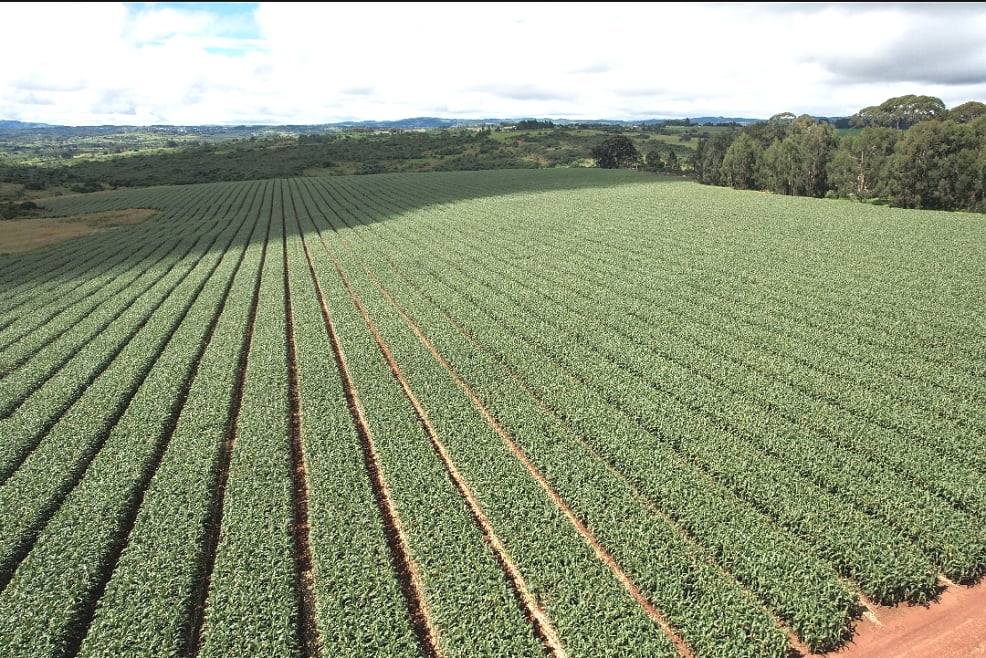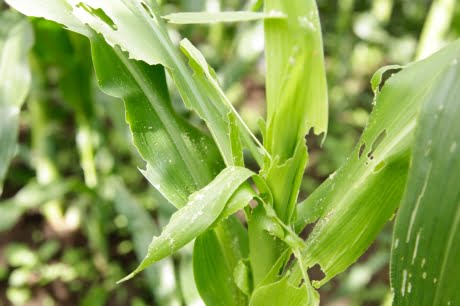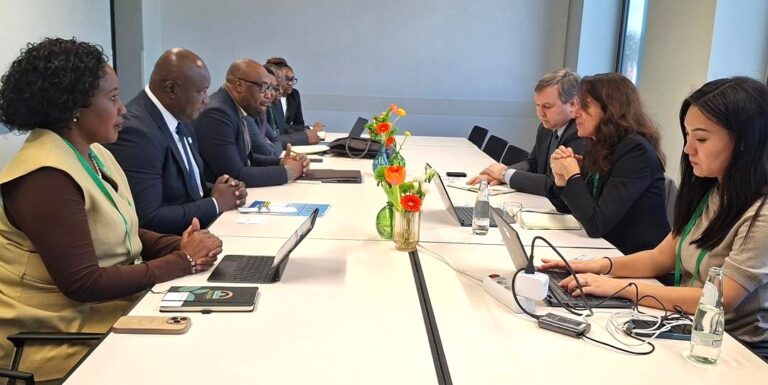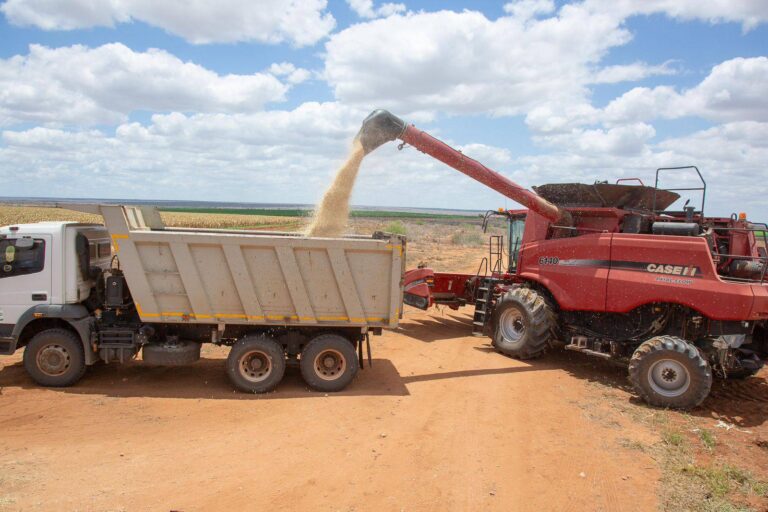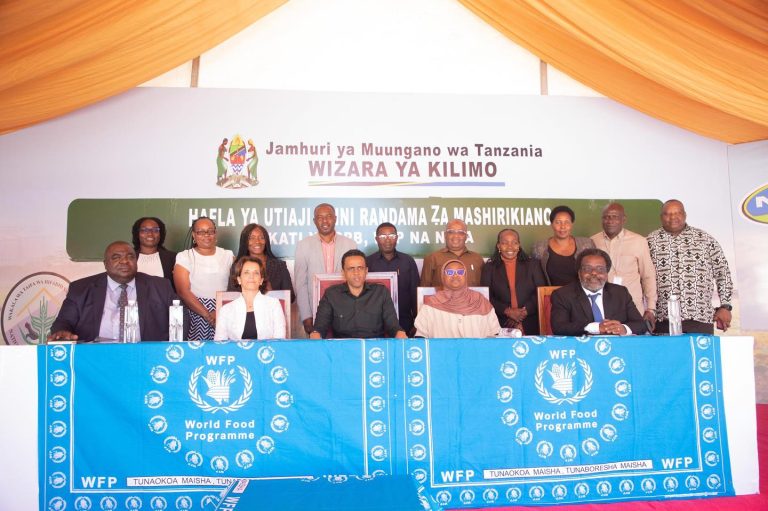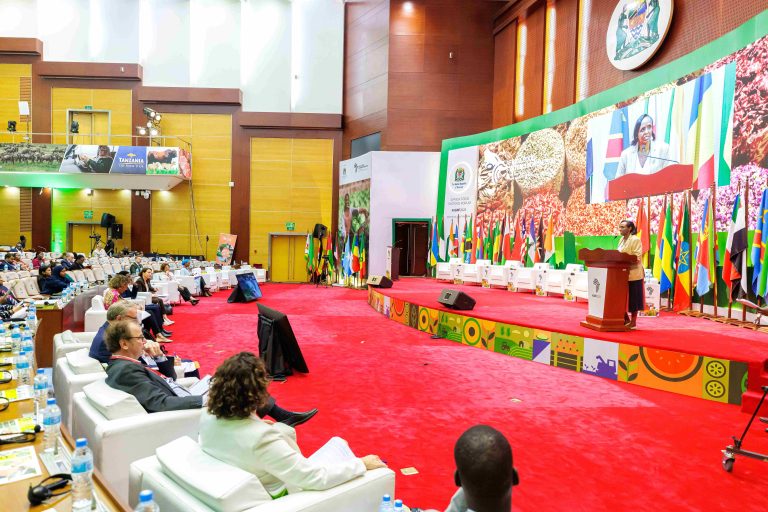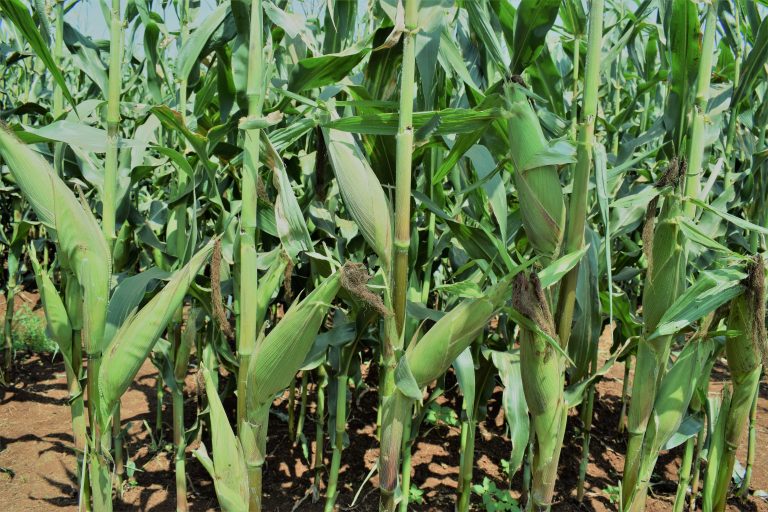By Kimuri Mwangi
Tanzania produced more than 8.1m tons of maize in the 2022/23 season. According to Tanzania agriculture minister Hussein Bashe, the country’s maize needs are not more than 6 million tonnes and for a long time, the trade pattern has grown to Kenya, Congo and Rwanda.
Currently, some farmers have started harvesting and the prices have started to go down. The government continues to buy maize at a price of Tshs 750 through the National Food Reserve Agency (NFRA). Bashe says the government will continue to buy maize as it did in the 2022/23 season to protect the farmers without affecting the consumers. The issue of fertilizer subsidy will also continue as he has instructed the Tanzania Fertilizer Regulatory Authority (TFRA) that if a farmer has finished his/her slot for this season and is returning to the farm, the system should not be closed to enable them to get fertilizer.
On the regional outlook, the biggest producers of maize are Tanzania, South Africa, Zambia and Uganda. Due to the effects of El Nino, Zambia and South Africa currently do not have maize.
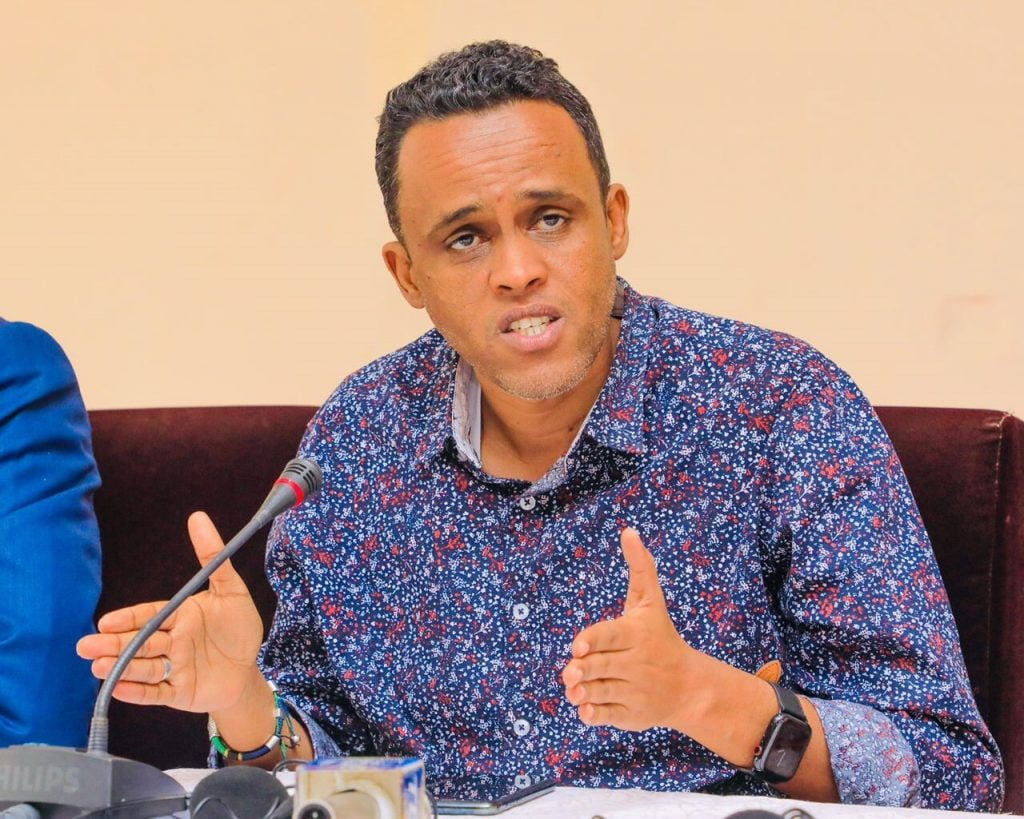
Bashe adds that Malawi and Mozambique are experiencing a shortage of maize this year presenting a great opportunity. “Our production expectations this 2023/24 season is that we will reach 10 million tonnes of maize and 5m tonnes of rice. The projection is more than that and countries with shortages have started communicating with us,” says the minister.
The minister advised Tanzanian traders to take advantage of the shortage in Zambia, Malawi and Mozambique by using the Embassies in these countries to get customers. The Kenyan market is expected to start late until July-August where Tanzania competes with Uganda for customers.
Bashe also advises maize farmers who planted in Nov and Dec to start harvesting and take advantage of the upcoming rains to plant Open-Pollinated Varieties and Hybrid seeds like sunflower which are being distributed by the government as subsidies. He also urges them not to rush selling the maize at a bargain price but to preserve and protect the quality since prices will get better from June.
“Our initial assessment of the demand for the countries I mentioned without Kenya is more than 1.2m tonnes. The basic thing to realize when you go to other countries is to understand their laws. The Government’s mission is for this business to be done more by the private sector instead of government to government,” opines Bashe.


